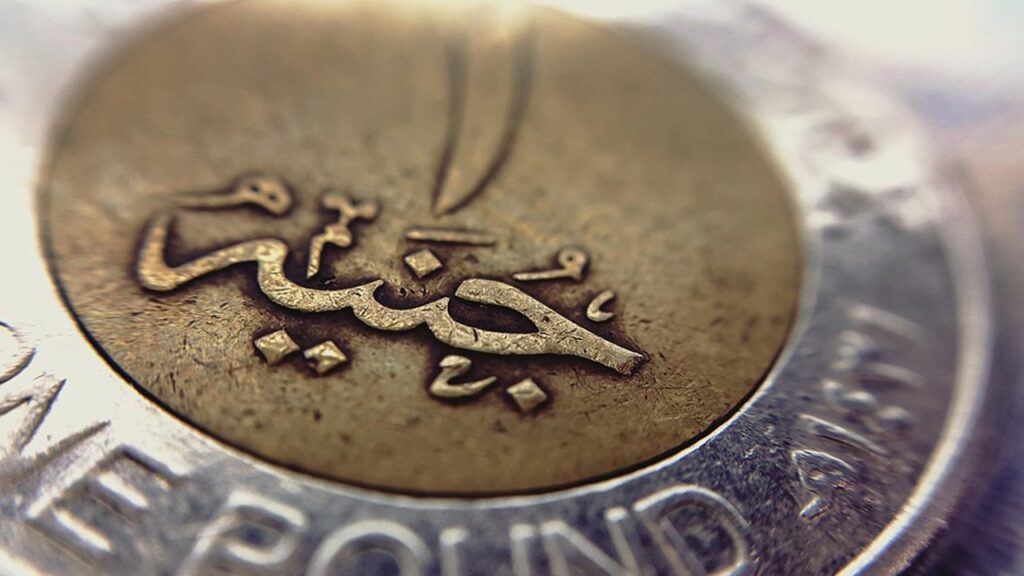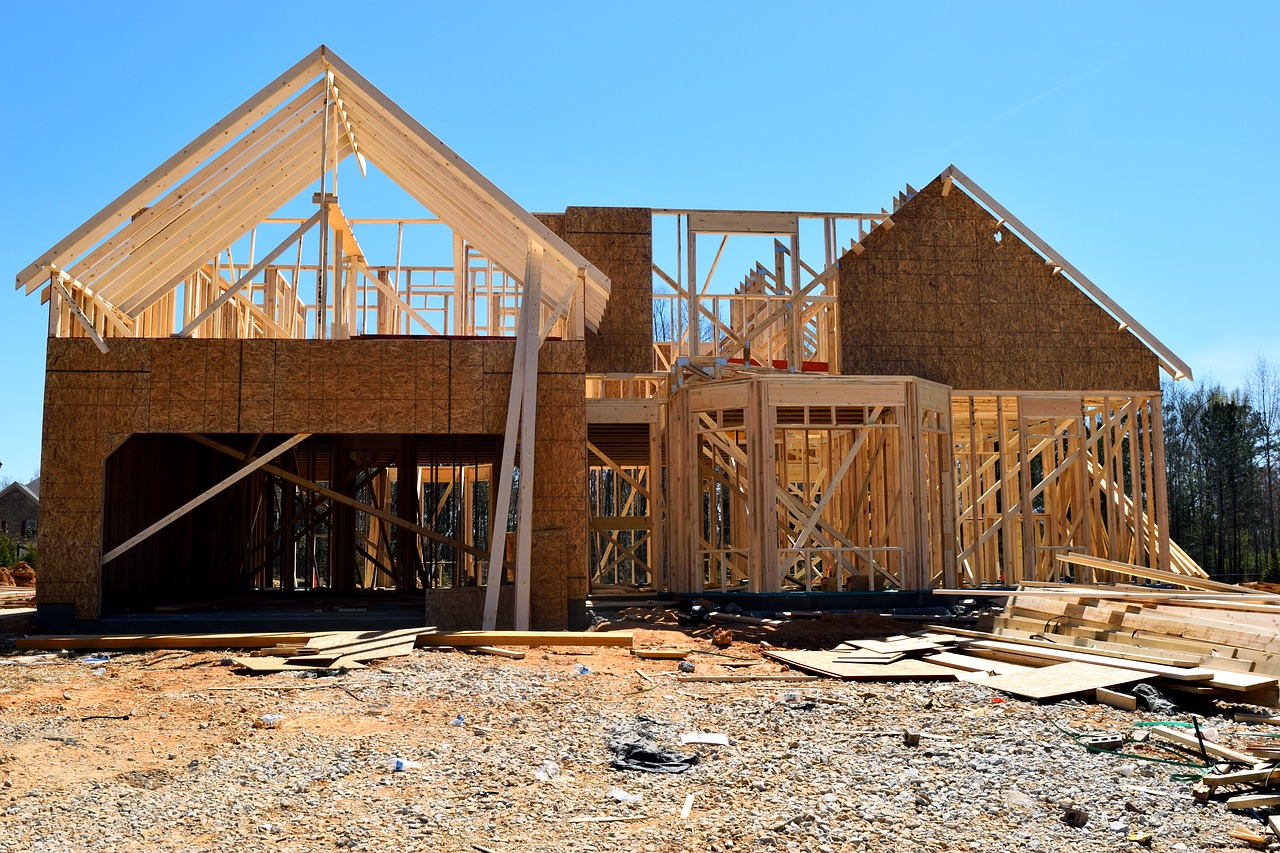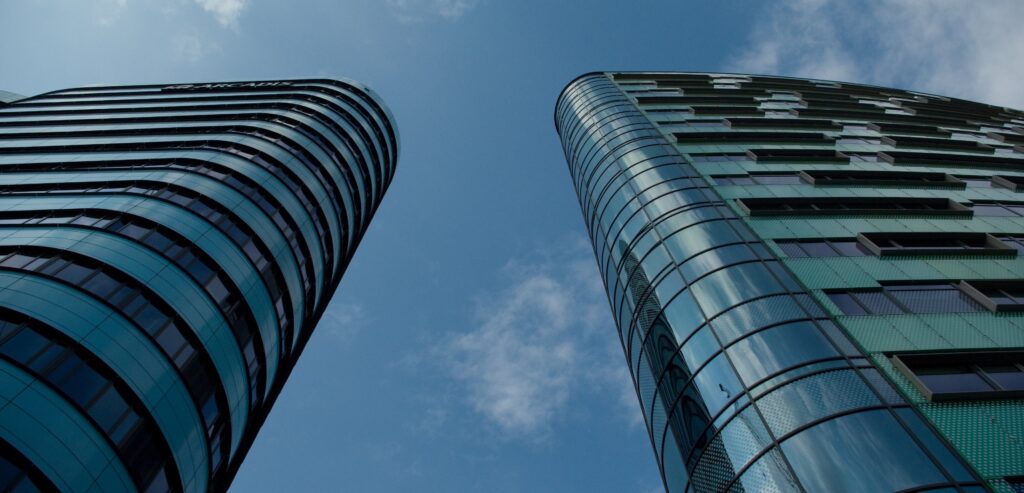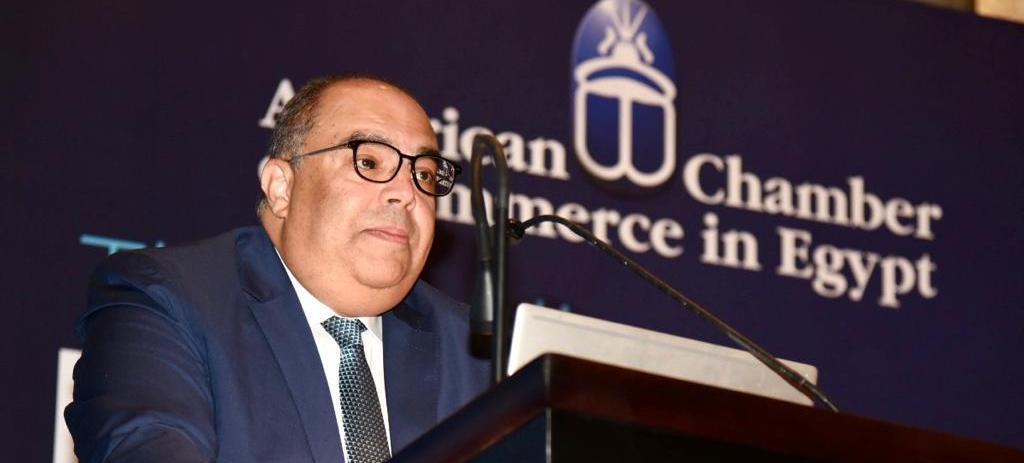Amid economic turbulence, Egypt’s real estate sector has emerged as both a refuge and a battlefield. Driven by the need to hedge against financial uncertainties, demand for properties has surged, while developers grapple with an intricate web of challenges, including multiple currency devaluations and a foreign currency crunch.
Property ownership surge in Q1 2023
A recent report by Property Finder in July reveals a marked upswing in property ownership demand for the first quarter of 2023, attributed to the local currency’s depreciation and subsequent construction cost escalation. The realm of residential and mixed-use real estate shows a total of 522 ongoing projects with a collective worth of $309.9 billion, according to the report. The first quarter of 2023 saw the delivery of 17 projects valued at $1.3 billion. This represents a notable increase of approximately 31% in terms of the volume of projects compared to Q1 2022, and a 32% increase in terms of value when compared to the same period,” said the report.
“The average asking price for apartments in Q1 2023 increased by 30% compared to Q1 2022, while the average asking price for villas witnessed a rise of 25%. Besides, the average rental cost for both apartments and villas saw a significant surge of 24% compared to the corresponding period of the previous year,” said the report.

Developers’ response: price hikes and struggles
The Central Bank of Egypt’s (CBE) successive interest rate hikes, totaling an unprecedented 11% since March 2022, reflect the country’s determination to stabilize its economy amidst external pressures.
Adding to the complexity, Egypt is bracing for a potential fourth wave of devaluation against the US dollar, further fueling inflation. In July, Egypt’s headline inflation hit an all-time high of 38.2%, compared to 14.6% in the same period of 2022, according to the Central Agency for Public Mobilization and Statistics (CAPMAS). Capital Economics predicts the Egyptian pound could depreciate further by year-end, further disrupting cash flow as expenses rise and payment schedules are affected. CBE hikes can also increase borrowing costs for developers, affecting both existing and new projects.
In response, real estate developers have significantly raised housing unit prices across different regions. For instance, prices have surged over 40% in Cairo, 50% in Ain Sokhna, and up to 100% in the North Coast. Ahmed Ehab, CEO of Madaar Developments, urged government intervention in the form of low-interest-rate soft loans, adjusted repayment schedules for developer dues, and maintaining stable loan interest rates, uncoupled from the Interest Rate Corridor (IRC) system.
IRC is a guidance for the interest rates in the market over a short term towards the CBE’s bank monetary policy, consisting of a rate at which the CBE lends to banks (an overnight lending rate) and a rate at which it takes deposits from them (deposit rate).

“The devaluation of the Egyptian pound, inflation, the shortage of the US dollar crisis, and the higher interest rates have caused a 50% increase in construction costs. All these challenges have also contributed to causing a crunch across the sector in terms of cash flow disruption and profitability decrease,” Ehab told Business Monthly. The scarcity of US dollars impacts developers’ ability to access foreign exchange for material imports and project financing. This can lead to delays and increased costs.
Amid these challenges, the property sector paradoxically experiences growing demand. Mahmoud Gad, head of real estate research at Arab African International Securities, highlighted a 14% surge in demand since January 2023, with an unprecedented 33% rise since February 2022. Notably, the secondary market, offering completed units, drives this growth more than the primary market’s future-delivery units.
“Despite this huge demand, developers have been experiencing harsh pressures, especially with the significant rise in the US dollar and the sharp weakness of the Egyptian pound,” he said.
However, while there is a demand for properties as a hedge against economic challenges, the market’s overall demand dynamics can be unpredictable. Developers must gauge buyer sentiment and preferences accurately to avoid unsold inventory.
As the CBE anticipates peak inflation in the second half of 2023, Gad expects the demand for properties to persist amid the ongoing economic uncertainties on global and local fronts. On a brighter note, the ongoing privatization plan, including IPOs, is set to propel Cairo’s real estate market growth in the long term, he added.
The real estate sector holds a significant role in Egypt’s economic landscape, contributing a substantial 20% to the country’s Gross Domestic Product (GDP). With a workforce of approximately 5 million individuals across the sector and related industries, its influence extends far and wide. Beyond its economic impact, the sector plays a pivotal role in driving infrastructure development and overall economic growth. The symbiotic relationship between real estate, tourism, foreign investment, and consumer spending underscores its profound importance in shaping Egypt’s economic trajectory.
In essence, Egypt’s real estate sector is at a critical crossroads, navigating through a complex interplay of challenges and opportunities. Amidst economic fluctuations and currency pressures, the sector’s adaptability and resilience are set to shape the country’s economic future.







